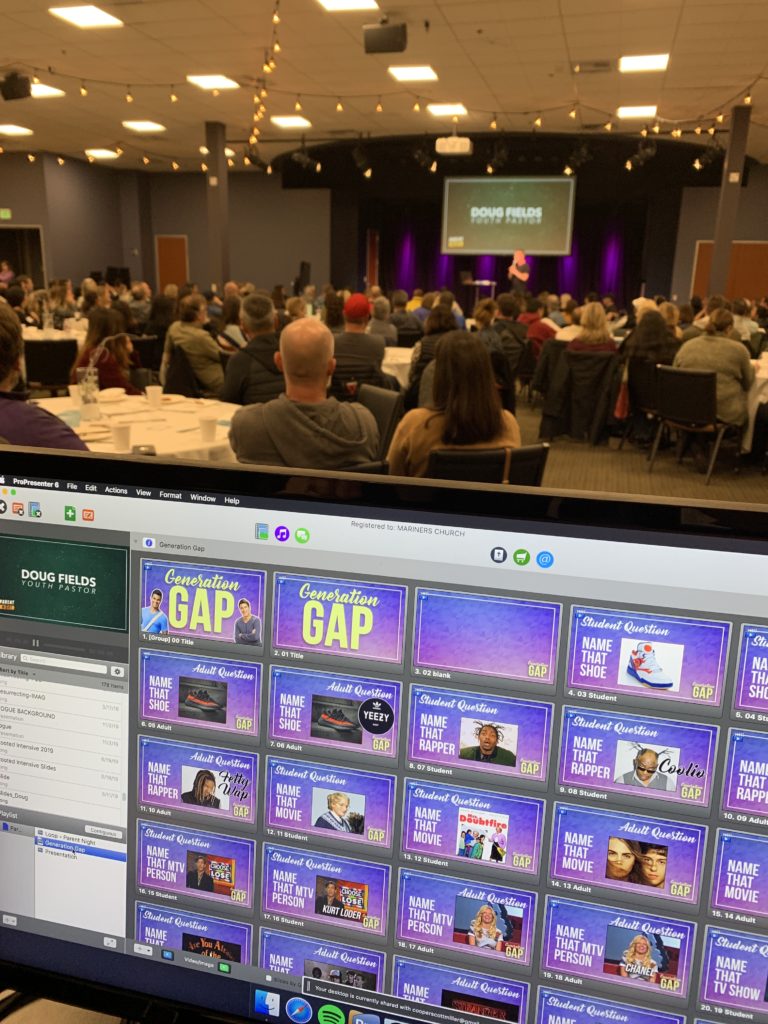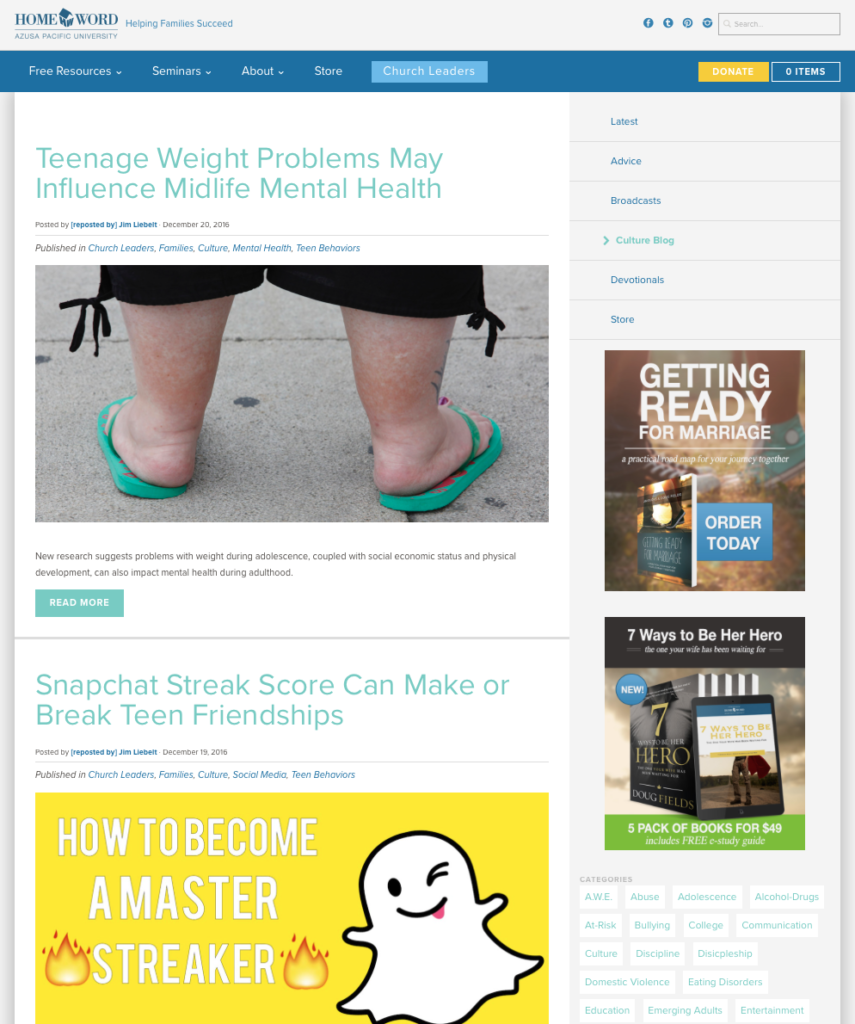A few days after returning exhausted from a week-long mission trip, I woke up to the worst kind of e-mail, a nastygram from a parent chewing me out for a comment made on the mission trip.
Upon reading it, my first thought was “Seriously? I spent a week pouring into your kid and keeping her safe and this is the thanks I get?”
In that moment, I wanted to quit. I wanted to say, “Forget it. I’m done dealing with thankless parents.”
But I didn’t.
Instead, I reread the e-mail. I thought through all the things that in my anger, I wanted to say to this parent. Then I summoned up all the grace I could muster and responded.
Rather than try to convince this parent that I was right and he was wrong, I simply apologized for the problems my comment had inadvertently caused his family. I affirmed him as a parent and reiterated how much I value he and his wife as partners in our ministry.
Then I hit send and filed the e-mail in a folder especially reserved for this kind of nastygram, called “Frustrating e-mails.” Over the years, I’ve found that the act of physically moving an e-mail from my inbox to my frustrating e-mail folder allows me to do something tangible to actually release hurtful e-mails and stop dwelling on them.
I’m willing to bet that I won’t hear more from this parent about this matter.
When a parent sends a hurtful nastygram, they need us to hear what they’re saying. They need some form of validation.
They don’t need us to argue with them. They don’t need to know our rationale for why we behaved the way we did or our justification for saying whatever was uttered.
They simply need an acknowledgement that they’ve been heard and an apology for whatever it is we did or said.
That’s hard… especially since nastygrams trigger real emotions. They make us feel useless. They demean us. Often, they leave us feeling wronged, as though something we did or said got taken way out of context. In those instances, we long to defend ourselves, to prove we’re right.
However, it’s not our job to be right all the time. Being right is actually far less important than maintaining and restoring relationships with those involved in our ministries.
So, the next time you receive a nastygram, work to maintain and restore your relationship with the sender. Acknowledge their hurt, apologize for your role in creating it, and hit send.
Sure, that won’t give you the satisfaction that comes from being right. But it will give you something else: An ongoing relationship and the chance to show others the same grace God continually shows you.



